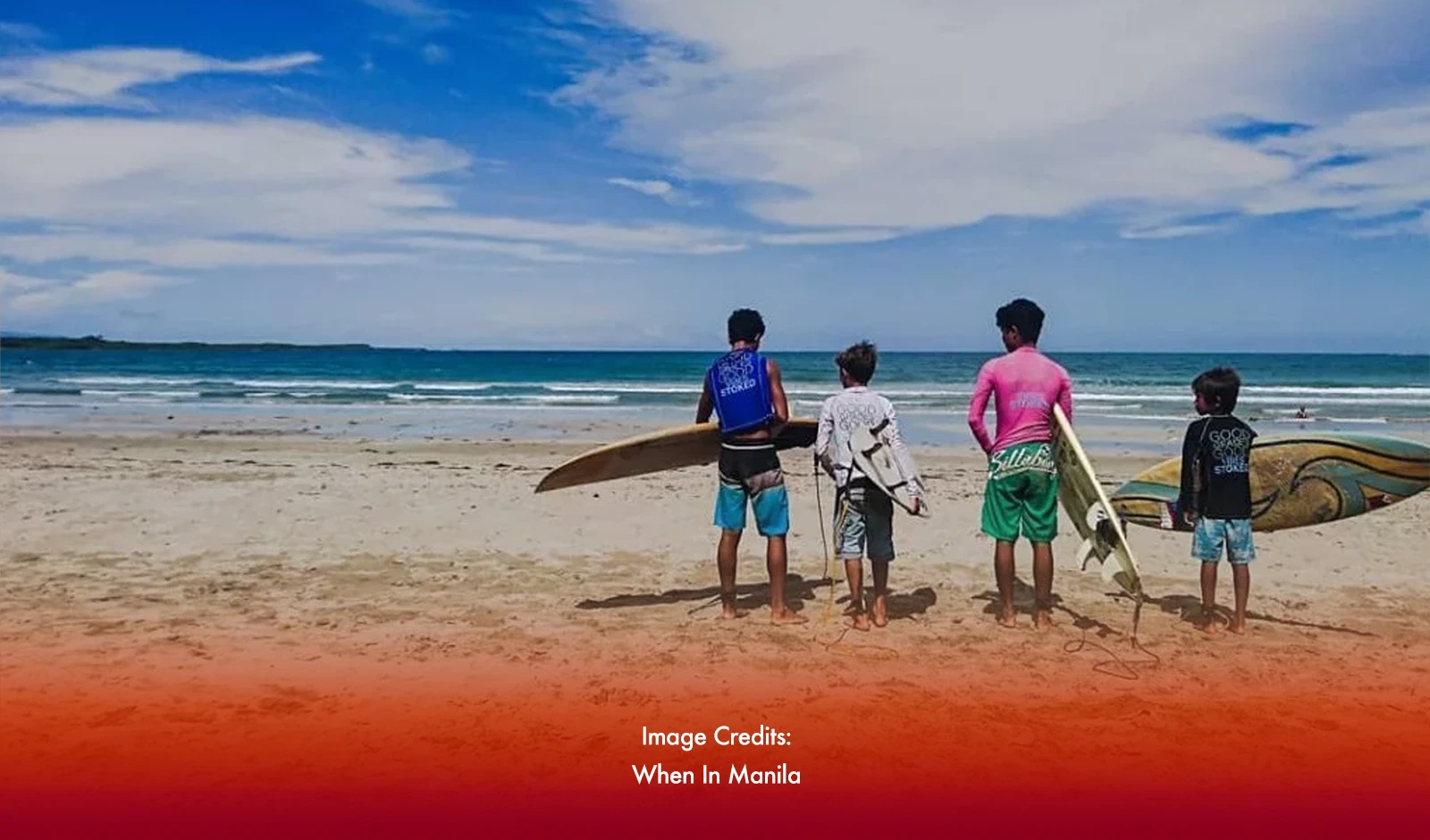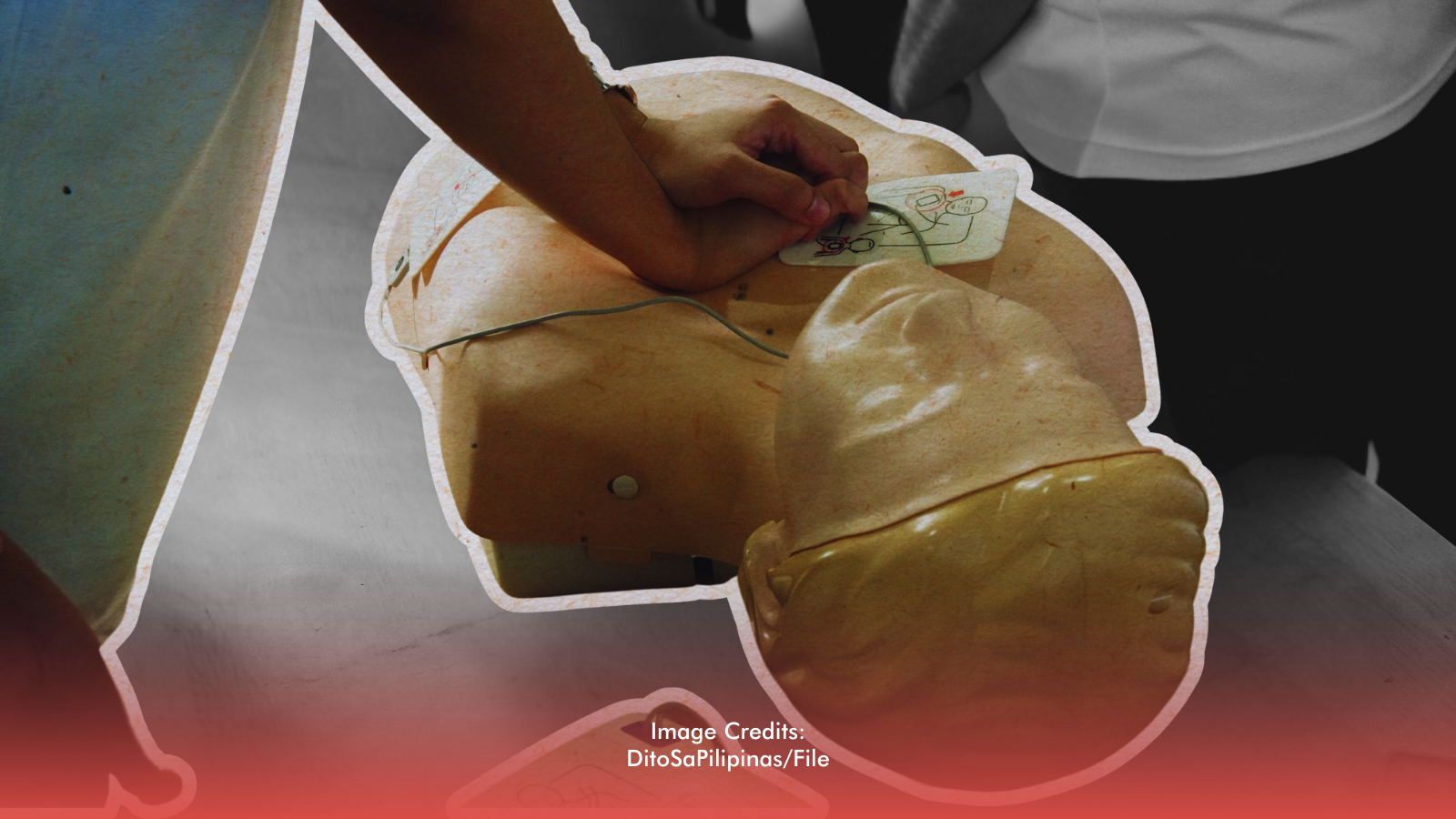The waves in Gubat, Sorsogon have always been there. But in recent years, they’ve become more than just a backdrop to everyday life. They’ve turned the town into a rising surf destination. Tourists flock to the coast, businesses thrive, and for many locals, surfing has opened doors to new opportunities.
As the Sorsogon surfing industry grows, so do the distractions. More kids are skipping class, drawn to the excitement of the waves and the chance to make quick money teaching tourists how to surf. Some see it as a way to get ahead, while others simply lose interest in school altogether.
RELATED: [Surging Surfer's Paradise: General Luna's Title as the Surfing Hub of the Philippines]
Teachers, parents, and community leaders noticed the trend early on. They knew something had to change before surfing became more of a problem than a blessing. Their solution? A strict but simple rule:
No School, No Surf
To curb the growing number of students ditching school for the waves, the town and local surf camps, particularly Lola Sayong Eco-SurFarm, enforced a rule: if you don’t go to school, you don’t get to surf.
The policy requires young surfers to complete their schoolwork and present their report cards at the end of each semester. Those who fail to meet academic requirements are banned from surfing lessons, competitions, and even instructing tourists.
This rule wasn’t just about keeping kids off the beach during school hours - it was about making sure they saw education as a priority. Implemented as early as 2009, the policy set clear expectations: surfing could be a passion, but it shouldn’t come at the cost of their future.
Beyond enforcing the policy, the camp also makes education more accessible. A portion of the income from surf lessons (priced at PHP 350 per hour) helps fund scholarships for local students. Tourism dollars don’t just stop at scholarships. The camp reinvests earnings into the community, from providing jobs to locals to ensuring visitors support homegrown businesses.
Striking the Right Balance
Has the rule worked? In many ways, yes. More kids are staying in school, and the policy has helped shift the mindset that surfing is more important than education. But the challenge isn’t over. Still, the initiative is worth sharing. Gubat is making sure the next generation doesn’t get left behind. Because at the end of the day, the ocean will always be there.
The question is, when these kids paddle out into life, will they be ready to ride the bigger waves ahead?








